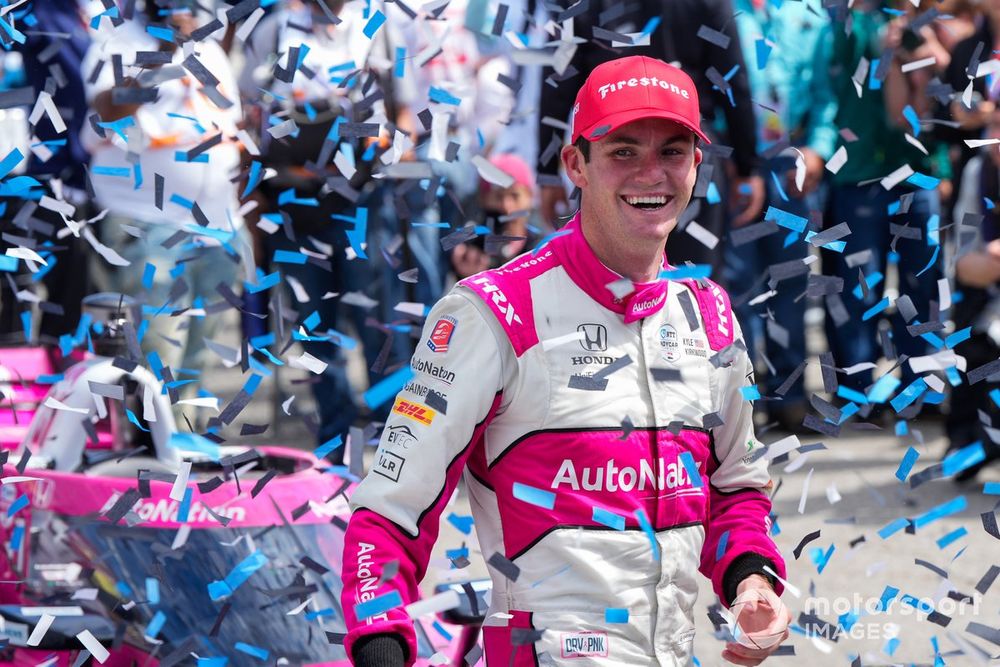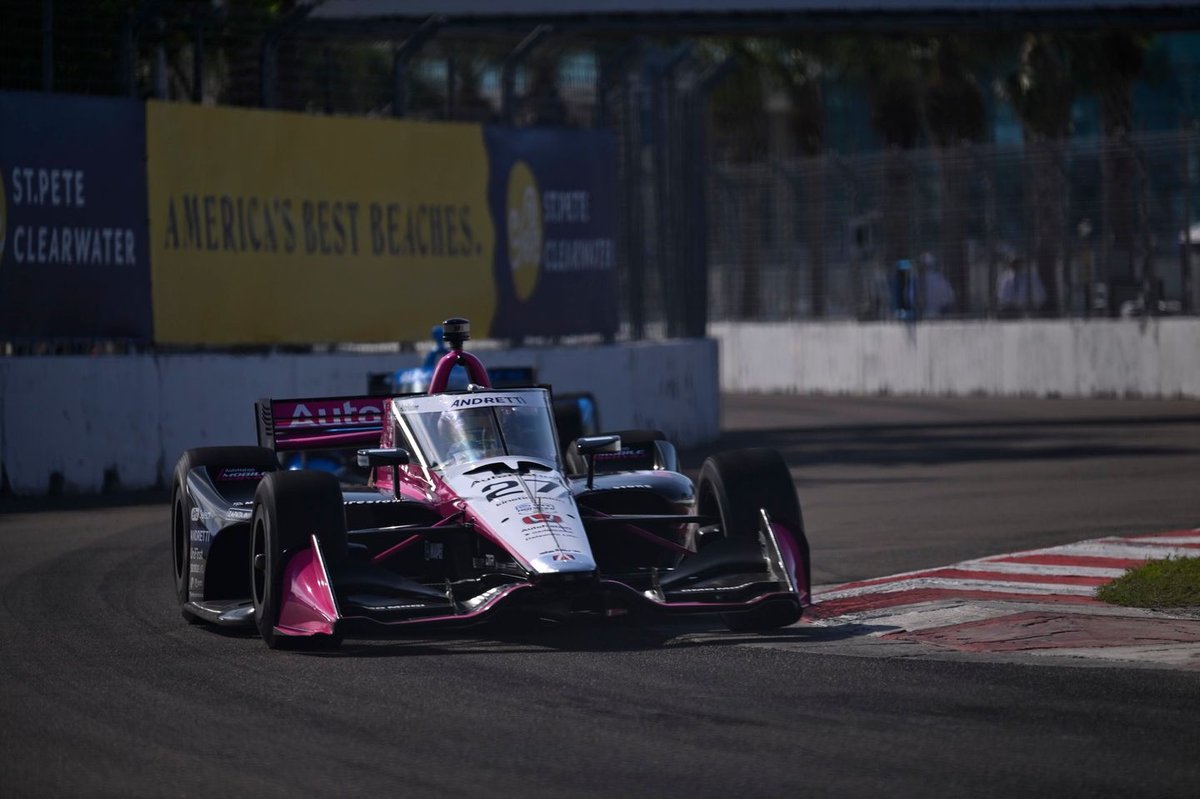In the opening rounds of the season, including a recent non-points event, on-track passes for the lead have been notably absent. At the Grand Prix of St. Petersburg, Josef Newgarden of Team Penske dominated, leading 92 of 100 laps to secure victory, with no on-track passes for the lead occurring during the race. Changes in the top spot occurred solely during pit sequences.
The most recent event, a non-points exhibition at The Thermal Club, similarly lacked lead changes on the track. Alex Palou of Chip Ganassi Racing led every lap in the final, winning by a significant margin over Scott McLaughlin. This pattern of follow-the-leader racing was also evident in the heat races, with Palou and Felix Rosenqvist both leading uncontested.
Defending race winner Kyle Kirkwood attributes the lack of on-track action to the reduced tire wear, particularly on street courses. He explains that the current tires, designed for the upcoming hybrid engine, are exceptionally durable. Consequently, passing opportunities have been limited, with strategies becoming crucial for overtaking rather than outright pace.

The development of the new tires was initially geared towards accommodating the weight increase from the hybrid engine, which was scheduled to debut at the beginning of the season but was later postponed. With the new tires already in use, their increased durability has inadvertently contributed to the challenge of passing on track.
Kirkwood acknowledges that the situation may persist until the introduction of the hybrid system mid-season. While there may be variations depending on the circuit and individual performance, the trend of reduced passing opportunities due to tire durability is likely to continue in many races.
He highlights that races may become more reliant on outright pace rather than strategic maneuvers, as the difficulty of passing becomes more pronounced. However, he also notes that exceptional speed, as demonstrated by Palou at Thermal, can still lead to dominant performances regardless of tire dynamics.

